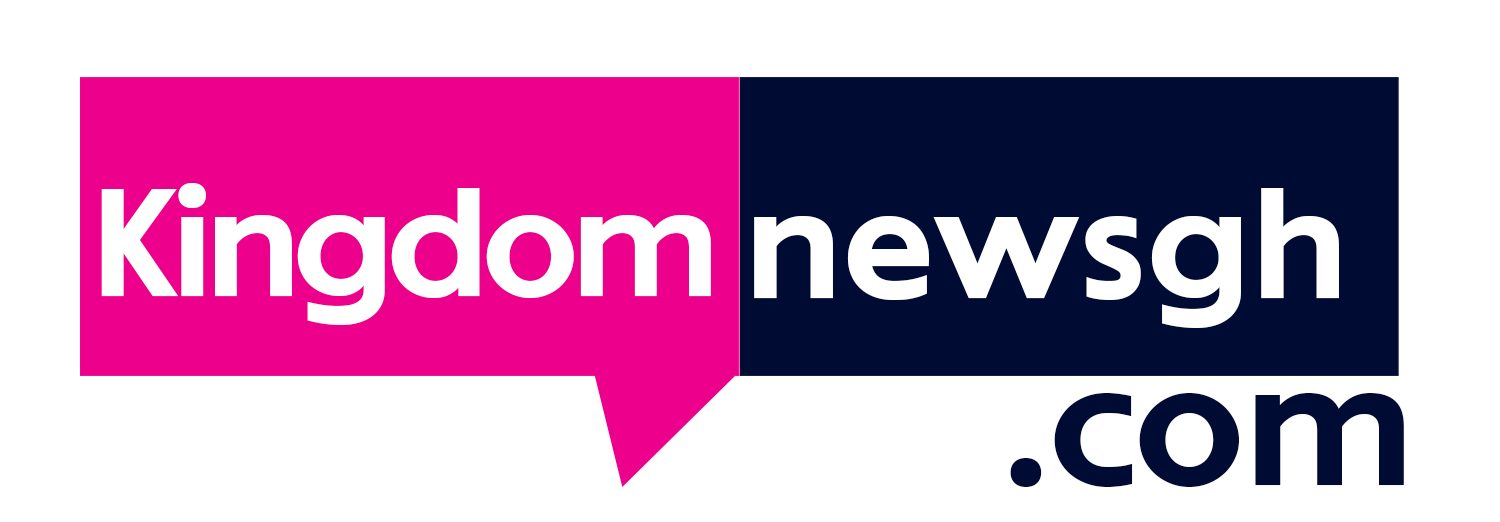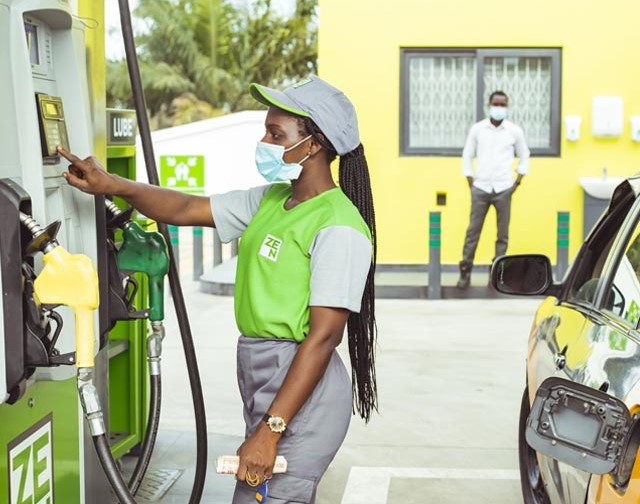The Institute of Energy Security (IES) says selling oil to selected Oil Marketing Companies (OMCs) under the Gold for Oil Policy will only favour cronies of the government.
According to IES, the move by the government will create an unfortunate situation for OMCs and players in the Petroleum Down-Stream Sector.
While addressing the concerns of the AOMCs regarding a lack of clarity regarding the allocation of products supplied under the programme, National Petroleum Authority boss Dr Mustapha Abdul-Hamid said the NPA will only sell oil to Oil Marketing Company (OMC) with not less than 45 outlets under the Gold for Oil Program.
He touted the implementation of the G4O as it has slightly lowered the prices of petroleum products and reduced forex risk.
But the Executive Director for IES, Nana Amoasi VII said the government must reconsider its decision on the mode of selling oil to OMCs under the Gold for Oil policy.
“You brought about 40,000 metric tons just about four weeks ago and that represents just about a week of our national consumption. Can this have an effect on Ghanaians and disposable income of consumers? If you want to have any meaningful impact with that program with the supposedly fuel, then of course you should be covering more than 50 percent of our national demand. But 40,000 metric represents just 10 percent of our monthly demand when we are talking about other products.
“If you are talking about diesel we consume roughly 150,000 metric tons a month. So if you brought 40,000 metric tons in one month and you want to have an impact on the market then of course you may be dreaming. It will not have any impact,” Nana Amoasi VII stated on Accra-based Starr FM.
He continued, “So cutting some people out and giving the product out to others on selective terms of which we are quite concerned it may land in the hands of cronies and friends of the government. And others may have to struggle or beg to have access just to deviate from the price deregulation regime.”
Meanwhile the NPA Boss said the country had received three cargoes so far, comprising 41,000 metric tonnes (MT) of diesel in January, and another 40,000MT of diesel and 35,000MT of petrol which has just arrived and being discharged.
He stressed that “better results are expected as more G4O cargoes arrive.”



